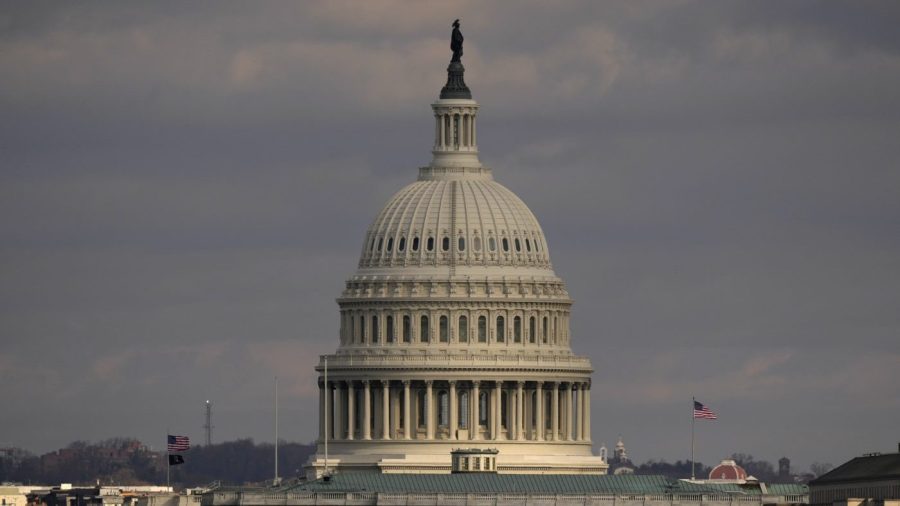Green Light or Red Tape? Senate Panel Debates Streamlining Environmental Permits

In a pivotal hearing on Wednesday morning, the Senate Environment and Public Works Committee (EPW) gathered to address critical challenges in the environmental review and permitting process. The session comes amid growing tensions surrounding the Trump administration's aggressive stance on environmental regulations and federal workforce restructuring.
Committee members delved into comprehensive discussions about streamlining environmental protocols while simultaneously examining the potential impacts of recent administrative actions. The hearing highlighted the ongoing debate about balancing environmental protections with administrative efficiency, as the Trump administration continues its controversial efforts to reshape federal environmental policies.
Of particular concern are the widespread personnel changes sweeping across federal agencies, which have raised significant questions about the long-term implications for environmental oversight and regulatory frameworks. The EPW Committee's proactive approach signals a commitment to understanding and potentially mitigating the potential consequences of these sweeping governmental transformations.
As the political landscape continues to evolve, this hearing represents a crucial moment of scrutiny and potential recalibration of environmental review processes, underscoring the complex interplay between political leadership and environmental stewardship.
